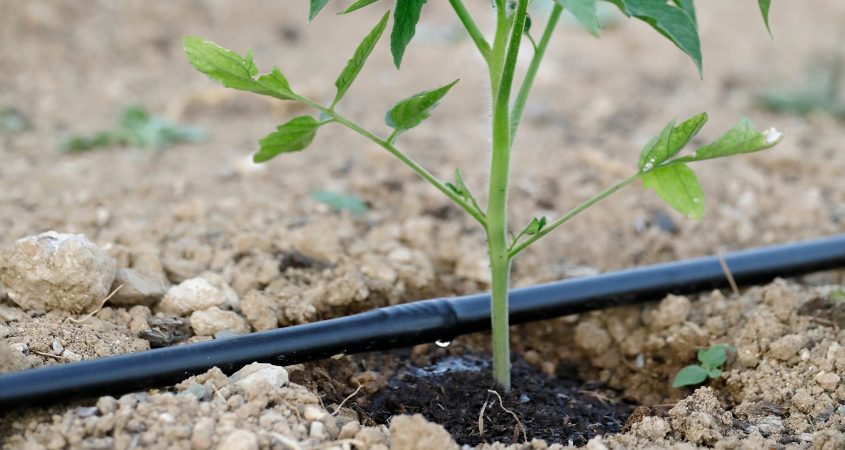
In the vast landscape of agriculture, where factors like soil health, crop varieties, and weather patterns often take center stage, the significance of water quality should not be underestimated. Let’s dive into the pivotal role that water quality plays in optimizing agricultural outcomes.
Water serves as a carrier for essential nutrients that plants need for growth. The quality of water determines not only the presence of these nutrients but also their availability to plants. Poor water quality can hinder the absorption of vital elements, leading to nutrient deficiencies and compromised crop health.
Water quality influences soil structure and erosion. Contaminants in water can contribute to soil degradation, affecting its ability to retain water and nutrients. Proper water quality management is, therefore, integral to preserving soil health, reducing erosion, and ensuring sustainable agricultural practices.
For many farmers, irrigation is a lifeline, especially in regions with erratic rainfall. Poor water quality can clog irrigation systems with sediments and mineral deposits, reducing their efficiency and necessitating costly repairs. Maintaining high water quality not only ensures smooth irrigation but also extends the life of critical agricultural infrastructure.
Contaminated water can be a breeding ground for plant pathogens. The importance of water quality in disease prevention cannot be overstated. By using clean water for irrigation, farmers can significantly reduce the risk of introducing harmful pathogens to their fields, safeguarding crops from diseases that can devastate entire harvests.
Water quality is a direct determinant of crop yield and quality. Clean, nutrient-rich water contributes to robust plant growth, higher yields, and better-quality produce. It’s not just about quantity but also about the market value of crops, making water quality a key factor in the economic success of agricultural endeavors.
Ensuring water quality in agriculture requires a holistic approach, combining laboratory water testing, sustainable water management practices, and adherence to environmental regulations. By prioritizing water quality, farmers can unlock the full potential of their agricultural endeavors, promoting long-term sustainability and resilience in the face of evolving challenges.
Grow more with less.
Waterislife #Watermanagement #Waterconservation
Order our services and get to know how to improve your soil for better yeilds.